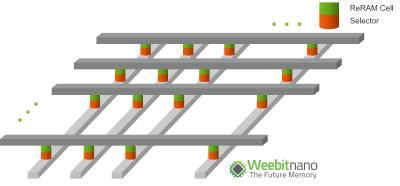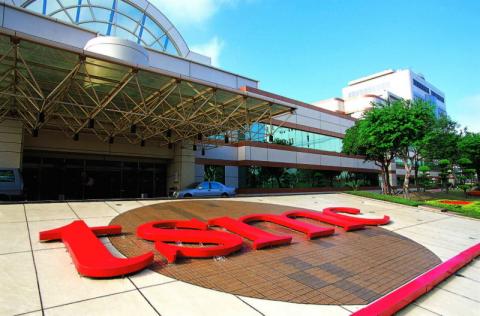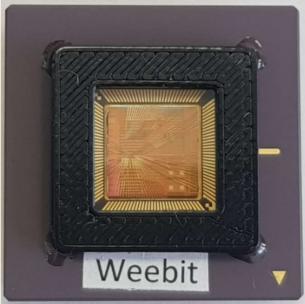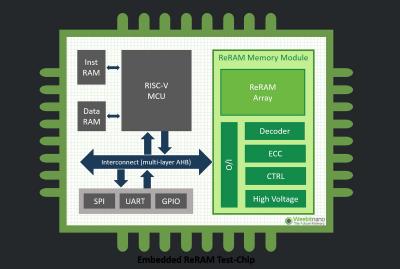Xianxim Technology starts producing the world's first 28 nm image quality driver IC for miniLED LCD TV makers
China-based Xianxin Technology, in collaboration with several research institutes in China, have developed the world's first 28 nm image quality adjustment chip that is powered by embedded RRAM memory.
The company says it is now mass producing the new driver IC, which will be supplied to high-end miniLED LCD TV makers. The company says that by adopting RRAM rather than the mainstream external Flash memory, it enables faster read operations, and lower cost production.






